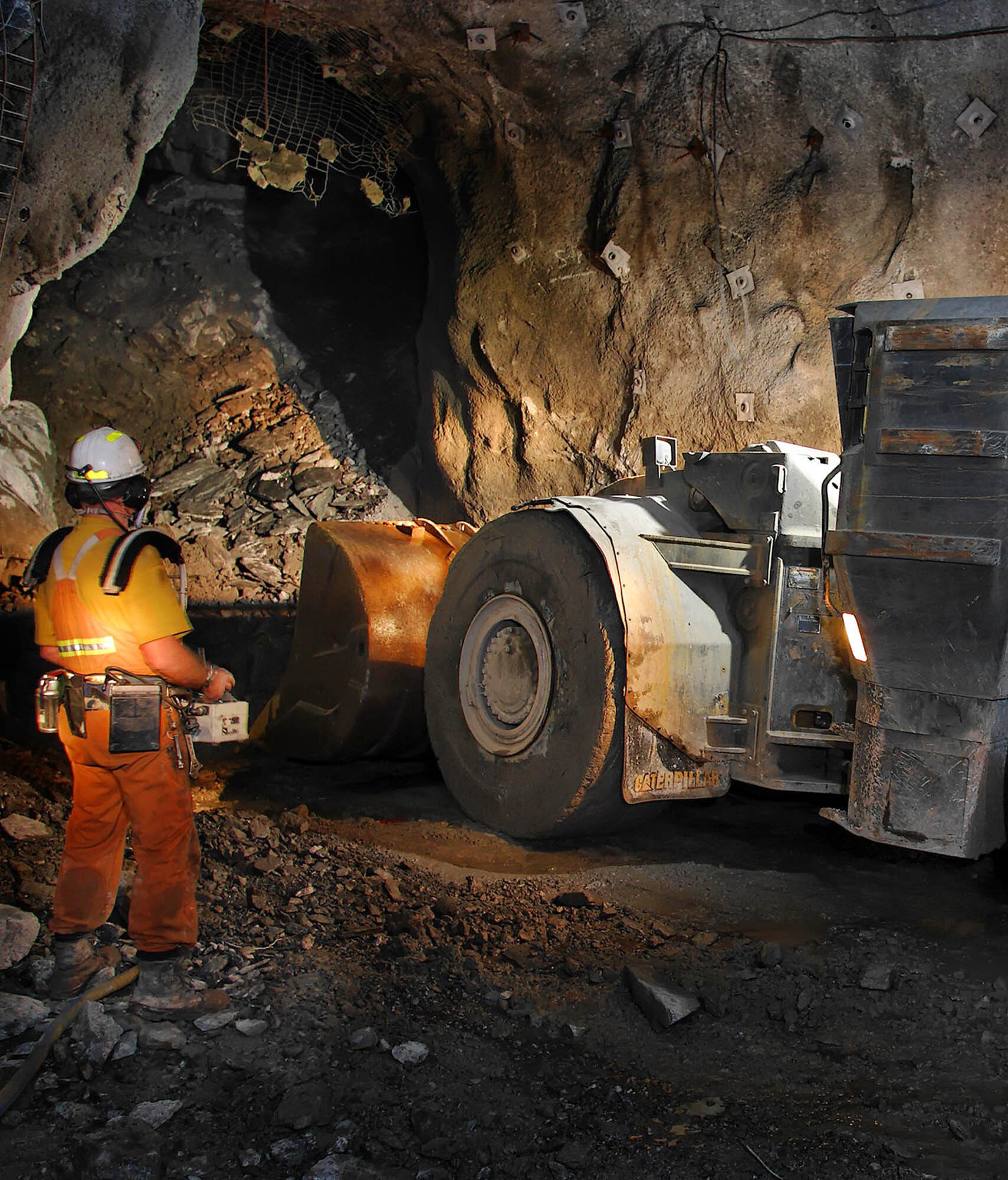Interview with Matías Mori, Executive Vice-President of the Foreign Investment Committee of Chile
After several years of spectacular growth the Chilean economy now faces several headwinds. With the government of President Sebastián Piñera now drawing to a close we examine the measures it has taken to develop the economy and possible opportunities in the future.

After several years of spectacular growth the Chilean economy now faces several headwinds. With the government of President Sebastián Piñera now drawing to a close we examine the measures it has taken to develop the economy and possible opportunities in the future.
One of the biggest bottlenecks to future growth in the Chilean economy is energy; what steps are you taking to address the problem?
Basically our efforts in this area are two-fold: public and private sector. In the public policy arena we’re trying to pass numerous laws and initiatives to develop energy policy. For example, Chile has two electricity transmission networks, in the north where most of the mining activity is, and in the South and centre of the country, where much of the hydropower facilities are located. We are working on an initiative to connect the two. Meanwhile, on the international front there is the Pacific Alliance – a new regional trade block that is promoting the free flow of trade, goods and people between the member states of Chile, Peru, Colombia and Mexico. There is a lot of presidential support for taking this Alliance forward and, we hope, that it could help improve our energy infrastructure by allowing us to connect our electricity transmission grid with Peru. Such a move would allow us to diversify our supply mix and import Peruvian power when needed. Who knows? One day we may even connect with Colombia.Another exciting area in Chilean energy policy is renewable technology. We have implemented laws that favour renewable energy, for example generation companies need to produce a certain amount of renewable power, hence the reason why we’re seeing very significant inflow of investment into wind and solar. We are also exploring how to develop the country’s shale gas deposits.On the private-sector front we have been very proactive in speaking to potential investors and energy businesses and asking them what we can do to create a better business environment for them. As a result we’re now working to cut red tape and reduce the layers of bureaucracy that exist between business people and government decision makers.The Chilean economy is very heavily dependent on copper mining; what steps are you taking to diversify the economy and develop other sectors?
It is true that mining is an important part of the economy. Indeed extractive mining directly accounts for 15% of GDP. Moreover, it also has a wide impact on other parts of the economy. For every dollar that’s created in mining another five to six are created in ancillary services. This can be in obvious areas, such as engineering services, to other, more diverse, sectors such as housing, tourism and healthcare. Indeed mining is so labour and resource intensive that projects often create entire cities.Chile doesn’t need to walk away from mining but we do need to ensure that not all of our country’s income is dependent on copper. Mining needs diverse services, such as financial support, and we need to take advantage of this demand. Our economy is very open and we believe that who ever offers the best services should win the contract. But we also want a national component and expect local knowledge to be developed. This makes sense for the businesses too. After all, it would be unwise to work here without local partners.
Aside from mining, what are the most exciting sectors of the Chilean economy?
We have great potential in agribusiness and fish farming. In particular we need to leverage our close trade relationship with China to boost these sectors. Only 10% of China’s territory is arable but they need to feed more than 1.2 billion people – that means China is, and probably always will be, a food importer. There’s a great opportunity for us, considering our excellent relationship with them, our exporting capacity, quality of products, the food security issues in China and the counter cyclical north-south food production.Designing capital market public policy is a ‘chicken and egg’ situation. You can have the table served but if no-one comes then there is nothing you can doAnother exciting area is tourism, which is clearly underdeveloped in Chile. Recently we received a record number of tourists – 3 million people. That was good for us but when you compare this to a tourism powerhouse like Brazil, which receives 5 million people, you see that we are still lagging far behind. To boost this sector we need to train our people to a world-class service industry level.